What Sagit Rogenstein remembers most about her first trip to an Israeli beach is the signs warning swimmers of the sewage in the sea.
“In Hebrew,” recalled the San Fernando Valley native who at the time was an exchange student at Tel Aviv University, “they had a word for ‘pieces of floating s—.'”
Compelled by the neglect, Rogenstein made aliyah 10 years ago and joined the Zalul Association for Environmental Protection. Thanks to nonprofits like Zalul, Israel’s environmental awareness has awakened, and, during the first week of March, a delegation of about a dozen academics, environmentalists and politicians will spend five days in Los Angeles working with their local counterparts.
“L.A. is one of the leaders in the world when it comes to environmental issues, and I think there is a lot that Israel can learn,” said Miriam Haran, former director general of the Ministry of Environment and now a professor at Ono College in Tel Aviv and the leader of the Israeli delegation.
Haran’s L.A. counterpart for the project is Evan J. Kaizer, past president of Friends of Israel’s Environment. He said the exchange is part of an awakening among American Jews to the environmental threats to Israel.
“If we don’t focus on land, air, water, open space, who is going to want to live in a land where the quality of life is diminished by a lack of concern for these issues?” Kaizer asked. “It isn’t security and defense, but it is critical stuff.”
The environmental exchange is being sponsored by the Tel Aviv-Los Angeles Partnership of The Jewish Federation of Greater Los Angeles. Many of the specifics, including the itinerary and the participants, remain unclear. But what is known is that this is just the beginning of what many hope will be a long dialogue to improve the environment of both cities. And later this year or in early 2009, The Federation plans to send the L.A. participants to Tel Aviv for round two.
Since forming 10 years ago, the partnership, which receives $1.5 million a year from The Federation, has twinned 18 local Jewish schools with 18 in Tel Aviv, joined a segment of the Diaspora with Israel in providing social welfare and facilitated the exchange of students from the business schools at Tel Aviv University and UCLA, among other projects.
“The idea was to affect the culture of both Jewish Los Angeles and Tel Aviv, to make the buzzwords ‘Israel-Diaspora relations’ refer to something real and tangible and to establish people-to-people relationships based on agreed-upon standards for mutuality and reciprocity,” according to the partnership’s literature.
Now the partnership is looking to add environmental education and solutions to its duties, something that for decades was on the back burner of Israeli politics.
But during the past few years, environmental projects have attracted some national attention in Israel. Recently, Israelis received monetary encouragement to recycle when trash fees were raised, and a clean air bill — something that passed in California 37 years ago — is now working its way through the Knesset.
To be sure, Israel has been a leader in drawing water from dry wells — it is both the birthplace of drip irrigation and home to the world’s largest desalination plant. But, at the same time, Israel’s water quality ranked 88th out of 122 countries in a 2003 U.N. report, and in 2007, the lower portion of the Jordan River was added to the World Monuments Fund’s endangered sites list.
“It is the most significant environmental problem in Israel,” Haran said. “But because of that, some of our greatest environmental achievements have been with water.”
Officials in Los Angeles, a town that blossomed on the back of water siphoned from the Owens Valley, want to learn from this.
“We had the driest winter on record last winter. We don’t know what this winter will be like,” said Nancy Sutley, deputy mayor for energy and environment, who will be Mayor Antonio Villaraigosa’s representative at the exchange. “We have to learn to live with less water.”
For Israeli delegates, the primary concerns are solid waste, open space and green building.
Environmentalists from Israel and the Diaspora hope the exchange and the involvement of L.A. city officials will further galvanize a green campaign in the Jewish state.
“As Jews, we share these common issues of tikkun olam (heal the world), and the environmental attributes are paramount if we are going to leave any kind of world for our children, and not even to go so far as saving the world from global warming, but something as immediate as making sure that children who play in our ocean don’t have to worry about getting sick, or people who just happen to fall into the Yarkon River don’t die,” said Lee Wallach, president of the Southern California branch of the Coalition on the Environment and Jewish Life.
“There are substantive and significant environmental issues in Israel,” Wallach said, “and they are very similar to here: It’s air, it’s water, it’s land. We both use too much coal. We both use too much of a lot of things. We both have waterways that are polluted, air that is polluted. We both have land-use issues, transportation issues. The list goes on and on.”






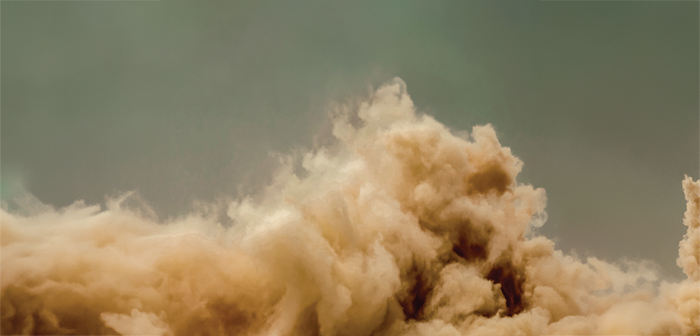

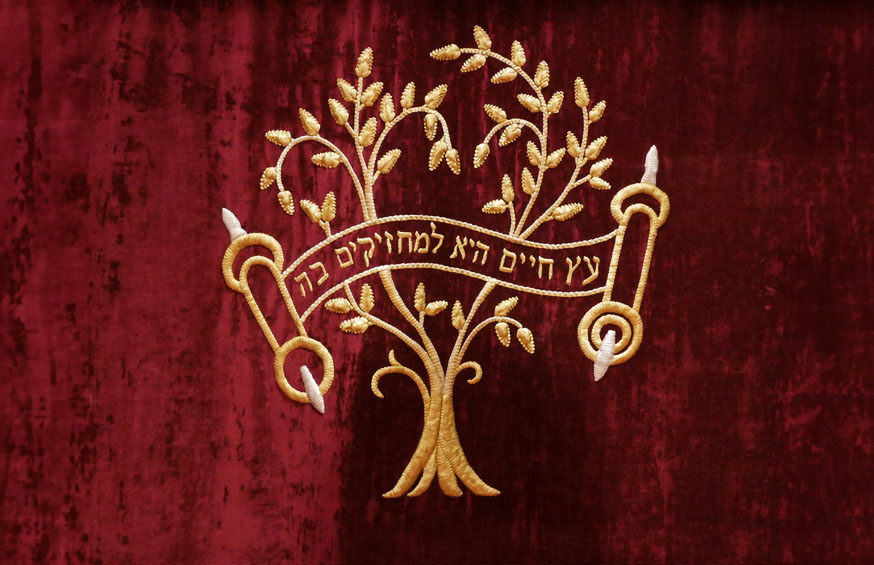
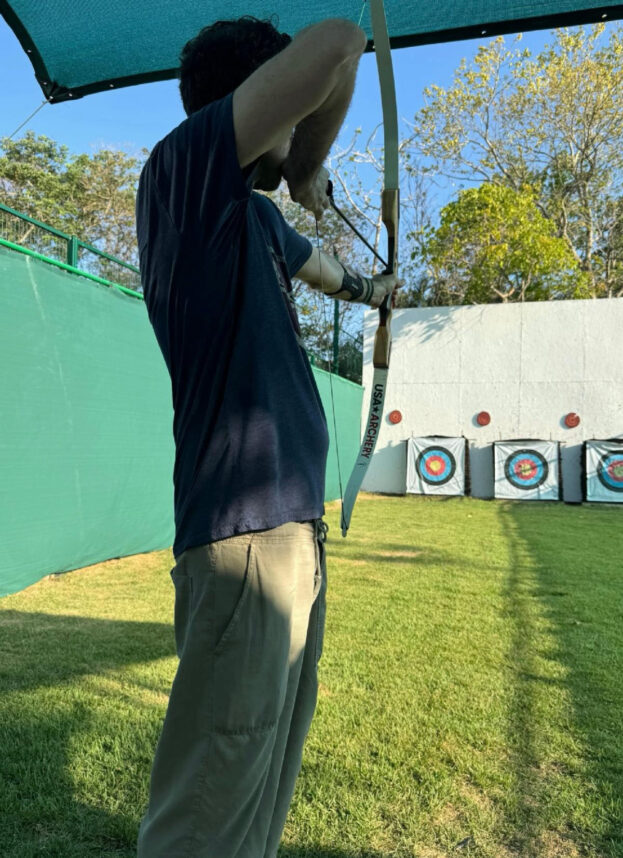
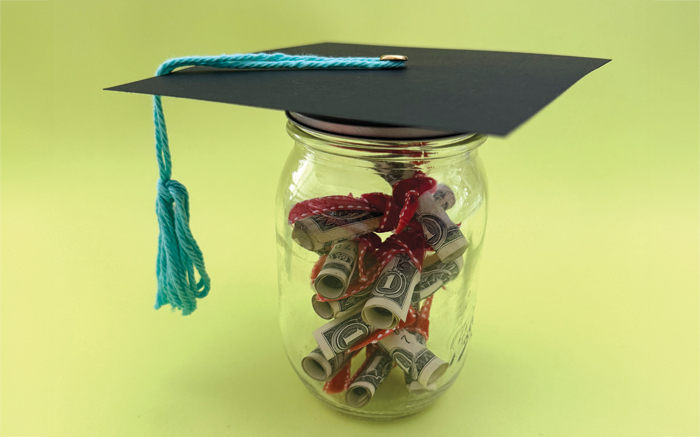
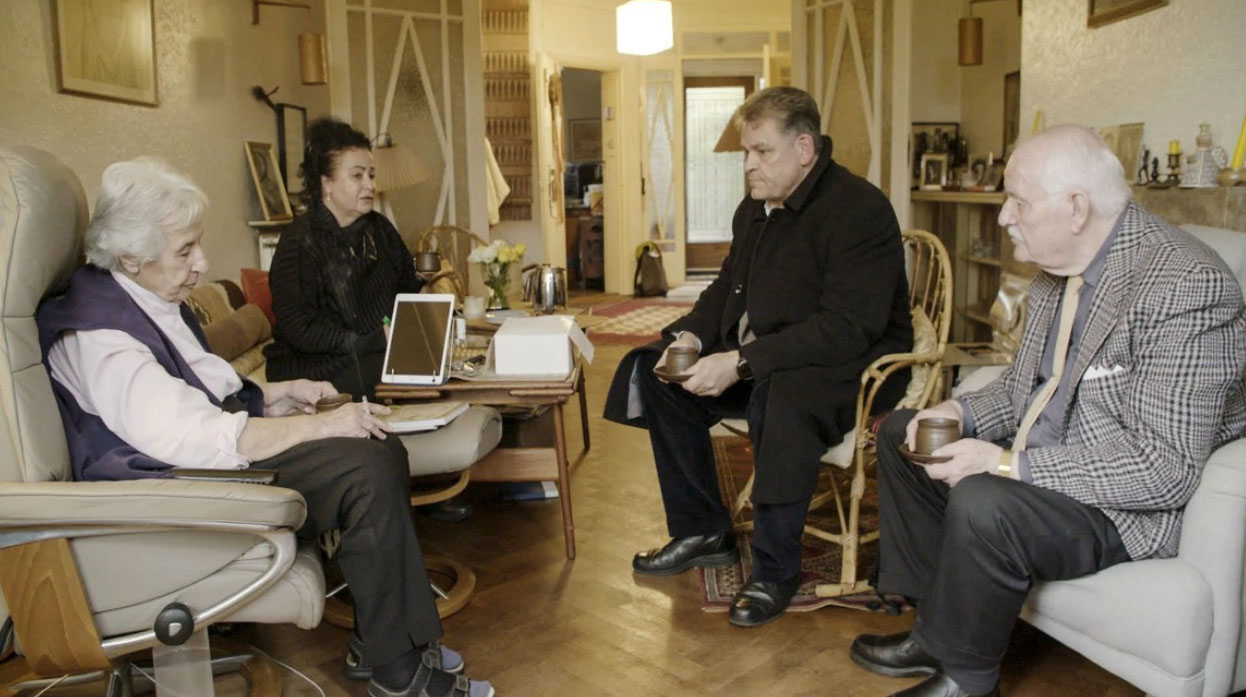

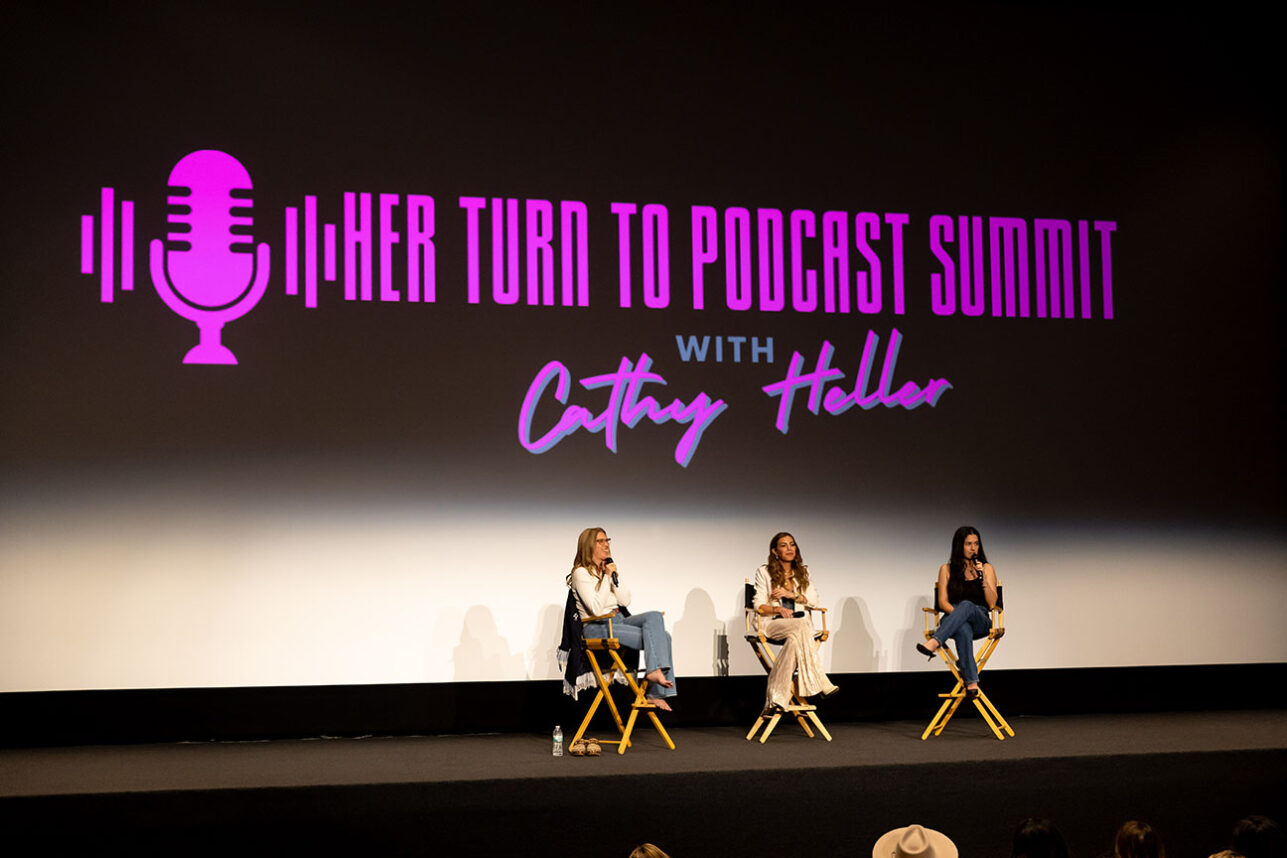
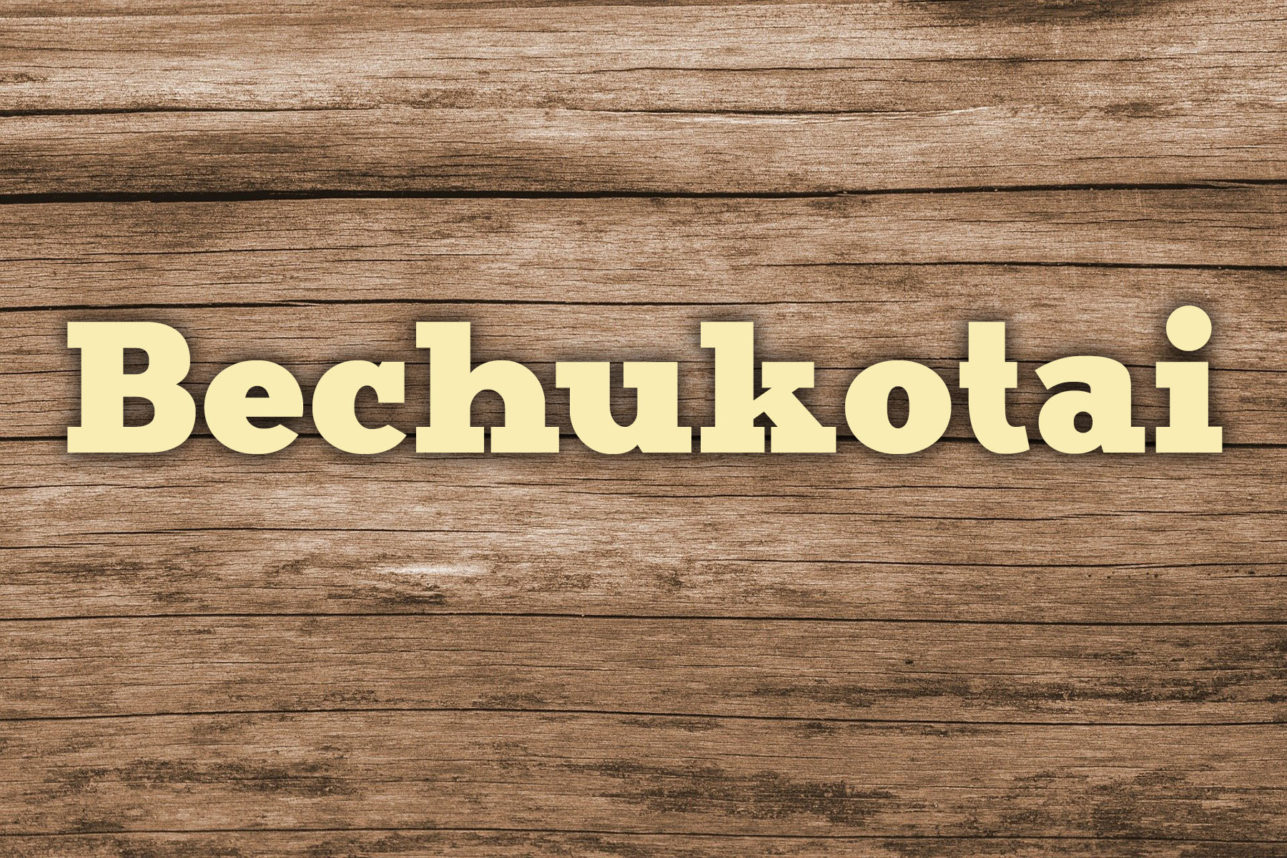







 More news and opinions than at a Shabbat dinner, right in your inbox.
More news and opinions than at a Shabbat dinner, right in your inbox.